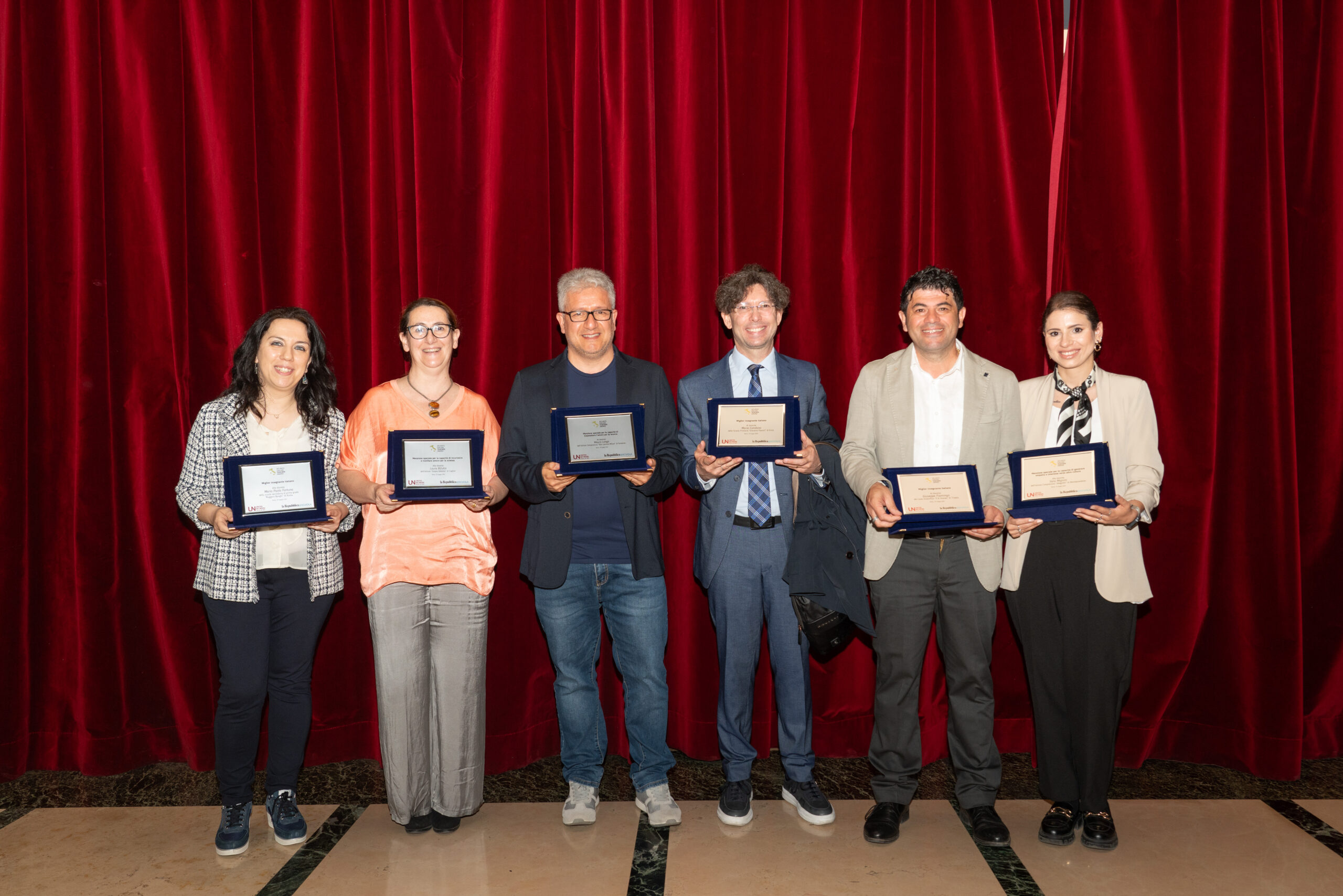Atlante - Italian
Teacher Award
I professori contano. È da questa certezza che ha origine il premio Atlante – Italian Teacher Award. L’iniziativa, organizzata da United Network con la collaborazione di Repubblica.it e di Repubblica@Scuola, nasce dalla convinzione che in un periodo storico in cui il ruolo del docente non riceve la considerazione e il riconoscimento che merita, sia necessario celebrare il valore sociale e culturale degli insegnanti italiani. Questo per ribadire l’importanza di tante donne e tanti uomini che ogni giorno sostengono con grande impegno l’istruzione e la formazione delle nuove generazioni, offrendo loro gli strumenti per conoscere ed interpretare il mondo che li circonda e le sfide con cui dovranno misurarsi.

L'obiettivo?
Far emergere
le best practices
dei docenti
italiani
L’obiettivo di Atlante – Italian Teacher Award è quello di fare emergere, su una grande piattaforma digitale aperta a tutto il pubblico, i progetti e le iniziative dei docenti della scuola italiana, nonché portare alla luce il grande lavoro che gli insegnanti svolgono quotidianamente all’interno delle aule degli istituti delle città e dei piccoli centri. Impegno che si scontra spesso con le difficoltà del contesto economico territoriale, la mancanza di risorse, la necessità di conciliare le attività extracurricolari con l’insegnamento delle materie tradizionali. Il premio vuole essere un riconoscimento al lavoro fatto, ma anche uno strumento per permettere alle best practices di avere risonanza e trovare diffusione tra le scuole italiane. Atlante è un’iniziativa unica nel panorama italiano in quanto la sua finalità, oltre a premiare i progetti formativi extracurricolari più innovativi e di maggiore successo dal punto di vista dei risultati didattici, è quella di essere volano di sviluppo e di diffusione delle buone pratiche nel contesto scolastico, grazie alla costruzione di un grande archivio di progetti consultabili e replicabili da tutti gli insegnanti.
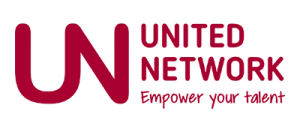
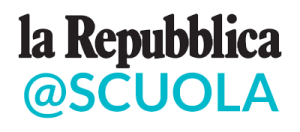
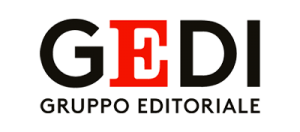
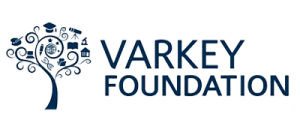
I partecipanti
della quarta edizione
C'è qualcosa di super
in ogni professore!
La competizione
Partecipano ad Atlante docenti delle scuole primarie, medie e superiori italiane, sia paritarie che statali. Per farlo, i professori pubblicano su una piattaforma digitale un testo in cui descrivono un proprio progetto didattico, o anche più d’uno, già realizzato a scuola negli anni precedenti. I progetti sono valutati da una Giuria, composta da personalità della cultura e della scuola italiana, secondo i criteri di innovazione didattica, originalità, incidenza sul tessuto scolastico, integrazione di studenti in situazioni di difficoltà, replicabilità. I 3 docenti vincitori vinceranno un viaggio didattico a New York a febbraio/marzo dove avranno l’occasione di visitare realtà didattiche innovative.
GUARDA IL VIDEO
I vincitori dell'edizione 2024
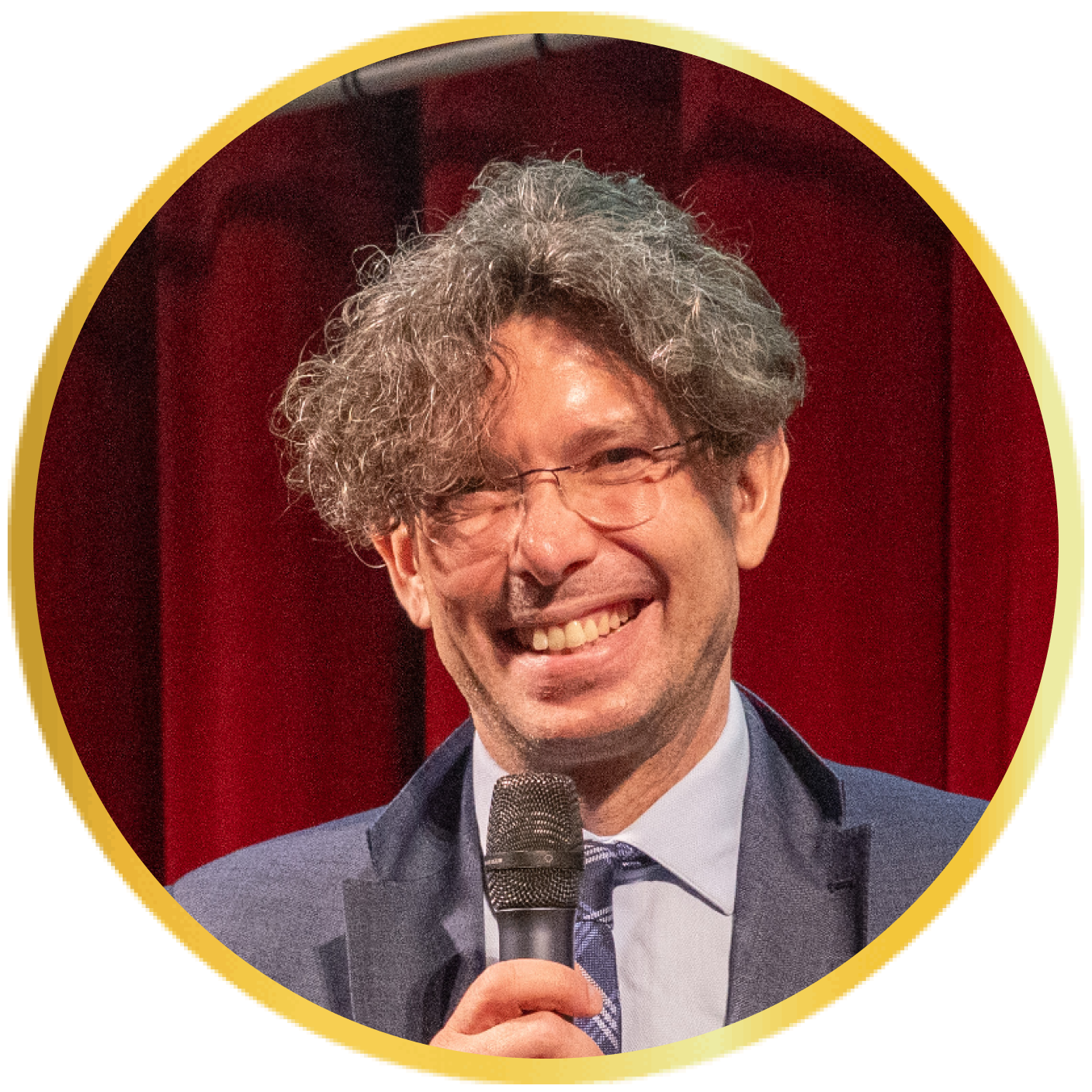
Mario Catalano
SCUOLA PRIMARIA
Il vincitore, Mario Catalano, è un insegnante di tecnologia presso la scuola primaria Giovanni Pascoli di Erice, in provincia di Trapani. Ha vinto con il progetto “La bottega dei mondi digitali”. Il docente ha coinvolto centinaia di studenti, tra gli otto e dieci anni, in un percorso di formazione del pensiero computazionale e della creatività attraverso attività di media design e robotica educativa.
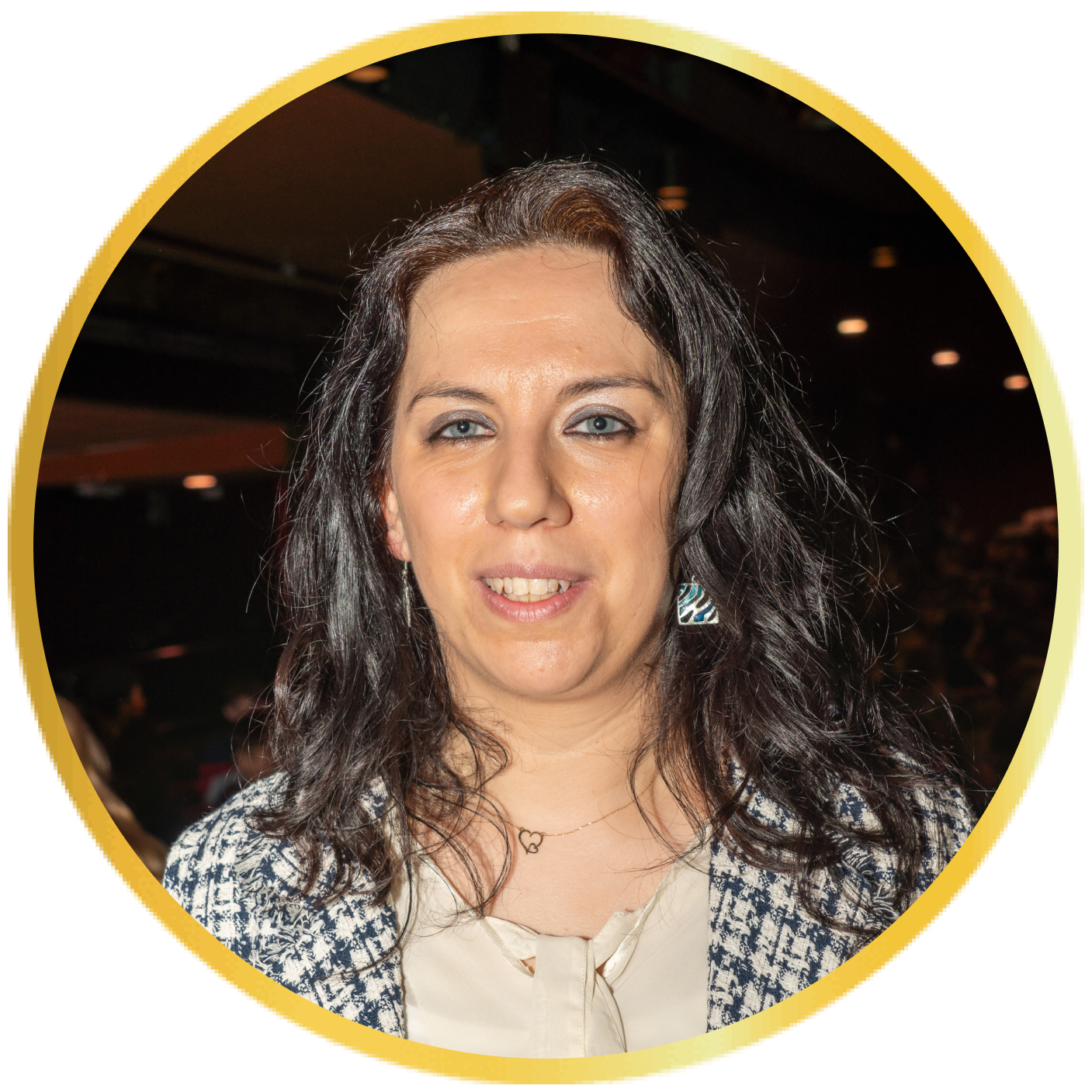
Maria Paola Fortuna
SCUOLA SECONDARIA DI PRIMO GRADO
Ha vinto Maria Paola Fortuna, insegnante di sostegno presso l’Istituto “Ruggero Bonghi” di Roma. Il suo progetto “Non solo didattiCAA. La CAA per sensibilizzare all’inclusione”, riguarda l’autismo: la docente ha organizzato una serie di attività per sensibilizzare la comunità scolastica su una tematica importante come quella dell’autismo e ha permesso agli studenti di interiorizzare e fare proprio il concetto di cura verso l’altro.
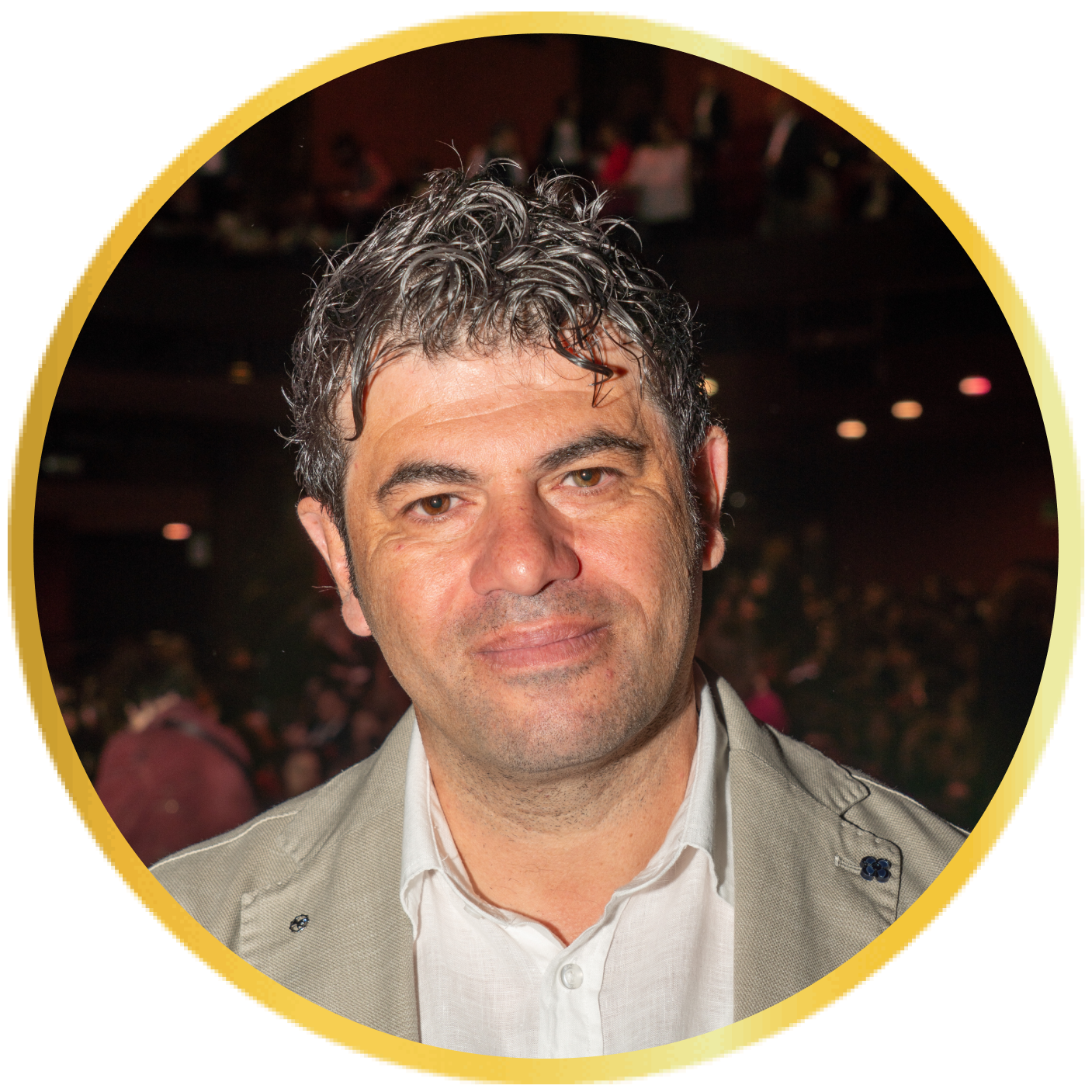
Giuseppe Fiamingo
SCUOLA SECONDARIA DI SECONDO GRADO
È stato premiato Giuseppe Fiamingo, insegnante di Liceo Scientifico Fratelli Vianeo di Tropea, provincia di Vibo Valentia. Il progetto è: “MoCRiL (Measurement of Cosmic Rays in Like) un laboratorio subacqueo per esplorare”. Il docente ha coinvolto gli studenti nell’indagine sull’origine della radiazione ionizzante, focalizzandosi sulla verifica sperimentale della natura extraterrestre delle particelle cosmiche.
Sono state assegnate inoltre delle menzioni speciali:
A Laura Bifulco, insegnante di Microbiologia presso l’Istituto Tecnico Tecnologico Grazia Deledda di Cagliari, per il progetto sugli insetti mangiaplastica “Ricercatori crescono”; la menzione speciale per la capacità di incuriosire e instillare amore per la scienza.
A Mauro Longo, docente presso la scuola primaria Don Lorenzo Milani di Galatone, Lecce, con il progetto “Musica Maestro”: la menzione speciale è stata ricevuta per la capacità di trasmettere l’amore per la musica.
A Sara Mignini, insegnante di italiano, Storia e Geografia presso l’Istituto Comprensivo Allegretti di Monteprandone, per il progetto “This time for Africa/this time for Humanity”. La menzione speciale va alla capacità di generare empatia e interesse verso altre culture.
